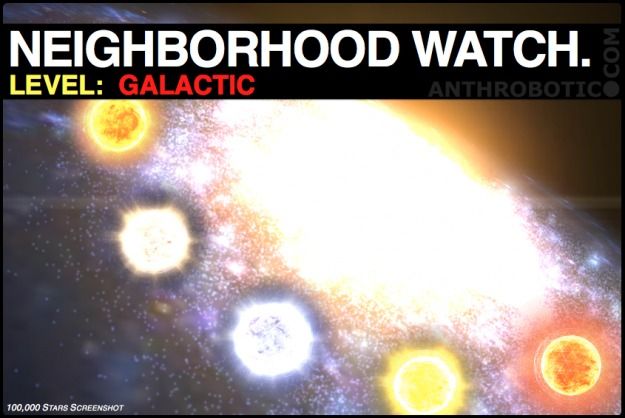Dec 7, 2012
Solving Complex Problems
Posted by Farooq Khan in categories: complex systems, education, homo sapiens
Solving complex problems is one of the defining features of our age. The ability to harness a wide range of skills and synthesise diverse areas of knowledge is essentially integral to a researcher’s DNA. It is interesting to read how MIT first offered a class in ‘Solving Complex Problems’ back in 2000. Over the course of a semester students attempt to ‘imagineer’ a solution to a highly complex problem. There is a great need for this type of learning in our educational systems. If we are to develop people who can tackle the Grand Challenges of this epoch then we need to create an environment in which our brains are allowed to be wired differently through exposure to diverse areas of knowledge and methods of understanding reality across disciplines.
When I look at my niece who is only 4 years old I wonder how I can give her the best education, and prepare her to meet the challenges of this world, as she grows up in a world which fills my heart with great anxiety. It is fascinating to read about different educational approaches from Steiner education to Montessori education to developing curriculums and school design upon cognitive neuroscience and educational theory. However when I look at the thinkers of insight, and contrast it with educational policy in the developed world, there is quite clearly a huge disconnect between politics and science.
We need to develop a culture of complexity if we are to develop the ability and insight to solve complex problems. When we look at the world from the perspective of complexity it builds a very different mindset in how we think about the world, and how we go about trying to understand the world, and ultimately how we go about solving problems.










